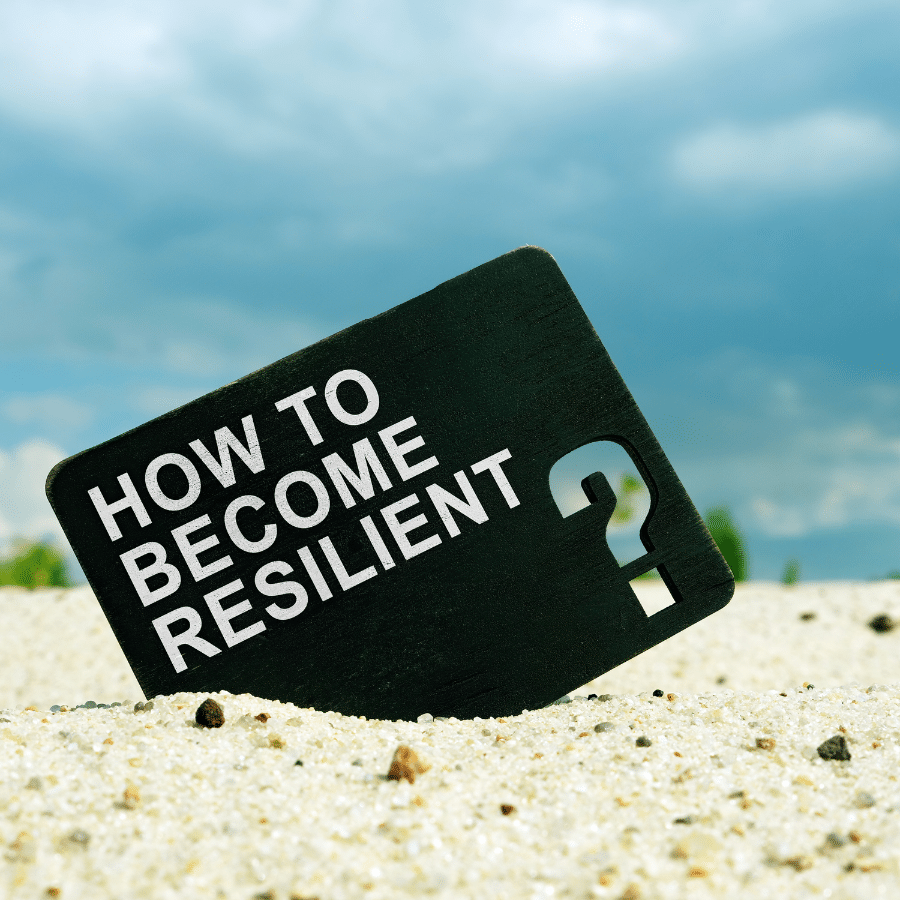介紹
您是否曾經感覺自己是考試結果的受害者?您是否曾經想過,只要您在其中一場考試中取得更好的成績,您就能取得更大的成就?或甚至覺得你的人生是由那一篇論文的成績決定的?如果是這樣,那麼本指南適合您。我們將探討什麼是韌性,以及它如何幫助我們克服考試困境並在生活中取得更大的成功。什麼是韌性?
Resilience is the ability to adapt to change and challenges. It’s a person’s ability to bounce back from setbacks, recover from trauma, and continue on their path towards success. Resilient people are able to handle whatever life throws at them–they are flexible in times of adversity, they don’t let their emotions get the best of them when things go wrong (or even right), and they don’t give up when things get tough. Resiliency isn’t something you were born with; it’s something that can be developed over time through practice and coaching. And just as athletes build muscle strength through exercise, or musicians learn new songs by practicing every day–resilient people develop their ability through regular exposure to challenging situations which require them to think on their feet while keeping their cool under pressure!韌性如何有助於考試成功?
Resilience is the ability to bounce back from setbacks. It helps you adapt and learn from mistakes, cope with stress and maintain a positive outlook. This can be applied to your studies as well as life in general. For example: if you make a mistake on an exam paper, you will probably feel disappointed or upset; however, if you are resilient then these negative emotions won’t last long because instead of dwelling on the fact that there was an error in your work (and potentially getting angry about it), you will focus on how best to improve for next time instead of beating yourself up over it for days or weeks after!建立自己的適應力的策略
- 設定目標。實現目標可以給你一些努力的方向,並在事情變得困難時激勵你繼續前進。
- 定期鍛煉,尤其是跑步或瑜伽等能讓您感覺良好的活動。
- 每晚確保充足的睡眠,以便您的身體有時間從白天的壓力中恢復過來。
- 每週抽出時間進行放鬆活動,例如冥想或閱讀(這也有助於增強復原力)。
- 了解如何透過練習冥想、瑜伽或太極拳等正念技巧來控制壓力水平,這些技巧都有助於培養專注於當下正在發生的事情的能力,而不會被對過去事件的負面想法或對未來可能性的焦慮所淹沒
您可以使用一些策略來幫助增強自己的適應力。
- 了解自己的優勢和劣勢。
- 學會在需要時尋求協助。
- 練習積極的自言自語。換句話說,專注於生活中美好的事物,而不是沉迷於負面的事物!不要說「我討厭學習」或「我太笨了」之類的話。相反,你可以這樣說:“我會在這次考試中盡力而為,因為我知道如果我足夠努力,我就能取得好成績。”
- 不要讓過去的錯誤阻礙您實現目標 - 想想未來!









